The Pros and Cons of Buying a Fixer-Upper

The Pros and Cons of Buying a Fixer-Upper
Buying a fixer-upper can be an appealing option for many homebuyers. The idea of purchasing a property that needs some TLC and turning it into your dream home can be exciting. However, it is important to weigh the pros and cons before making such a significant investment.
One of the most significant advantages of buying a fixer-upper is the potential for a lower purchase price. These types of properties often have a lower asking price compared to homes in move-in ready condition. This can provide an opportunity for buyers to get into a desirable neighborhood or afford a larger property than they would otherwise be able to.
Another advantage is the ability to customize the home to your preferences. When you buy a fixer-upper, you have the freedom to design and renovate the property to suit your taste and needs. This can be a rewarding process for buyers who enjoy remodeling and making a space their own.
Investing in a fixer-upper can also present an opportunity to build equity. By purchasing a property at a lower price and investing in renovations, you have the potential to increase the value of the home. When done correctly, this can result in a substantial return on investment if you choose to sell the property in the future.
While there are many advantages to buying a fixer-upper, it is essential to consider the potential challenges and downsides. One of the major cons is the amount of time and effort required to renovate the property. Renovations can be time-consuming and may require hiring contractors or managing the work yourself. It is crucial to have a realistic understanding of the amount of work involved and to be prepared for potential delays or unexpected expenses.
Another disadvantage is the potential for unforeseen issues. With older homes or properties in need of substantial repairs, there is a higher likelihood of encountering problems such as structural issues, electrical or plumbing problems, or outdated systems. These issues can be costly to fix and may require professional assistance.
Financing can also be more challenging when purchasing a fixer-upper. Traditional mortgage lenders may be hesitant to provide a loan for a property in need of significant renovations. However, there are specialized renovation loan programs available that can help finance both the purchase price and the cost of renovations.
In conclusion, buying a fixer-upper can be a great opportunity for buyers who are willing to put in the time, effort, and resources to transform a property into their dream home. The potential for a lower purchase price, the ability to customize the space, and the opportunity to build equity are all significant advantages. However, it is essential to carefully consider the potential challenges and downsides, such as the time and effort required for renovations, potential unforeseen issues, and financing difficulties. By weighing the pros and cons, buyers can make an informed decision and ensure that buying a fixer-upper is the right choice for them.
Categories
Recent Posts


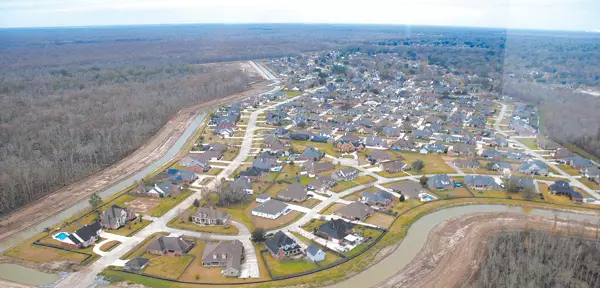

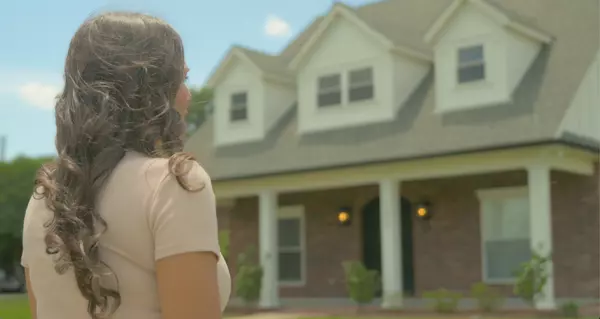

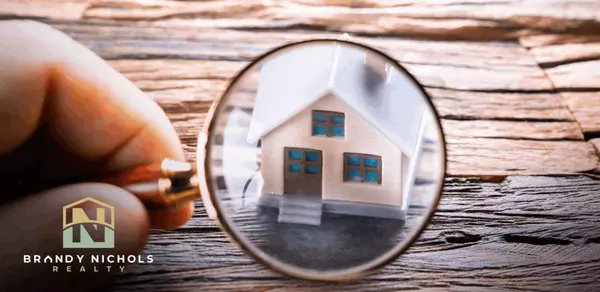
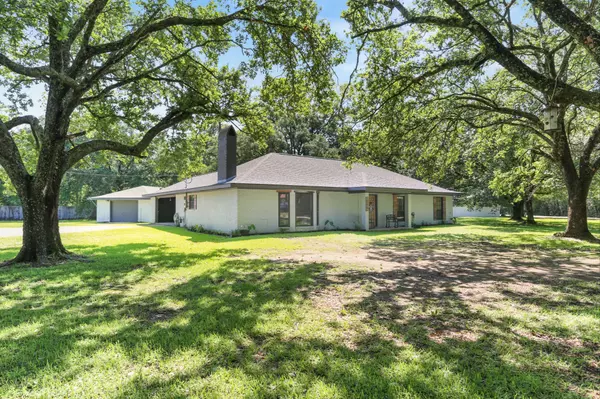
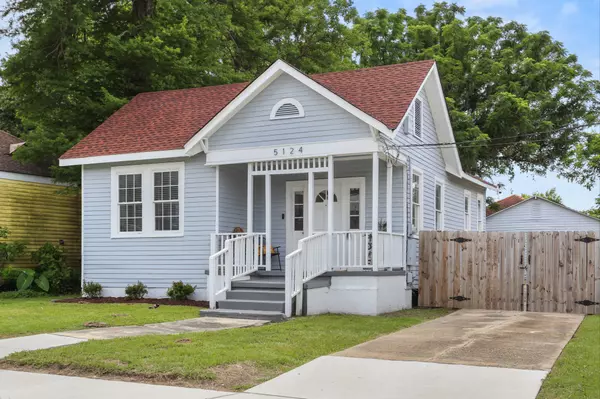
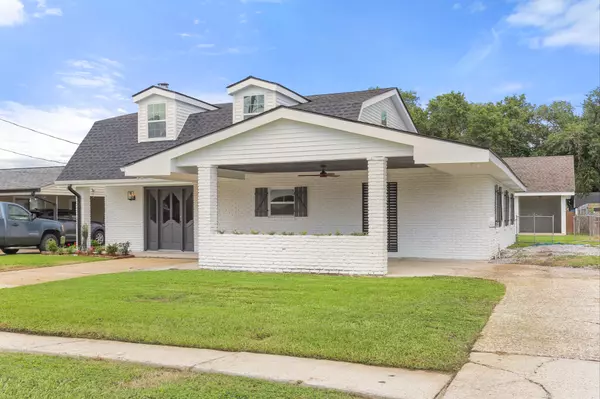

"My job is to find and attract mastery-based agents to the office, protect the culture, and make sure everyone is happy! "
GET MORE INFORMATION
